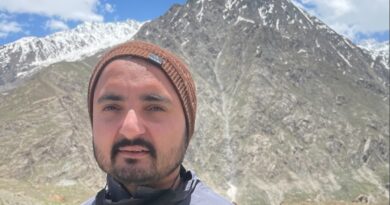Saleh Stevens, CEO of Continental Clinical Solutions, LLC talks about clinical trials
Continental Clinical Solutions is a clinical trial resource company based in Baltimore, Maryland in the United States, being tapped for international growth. Continental initially started as a clinical trial company, hosting clinical studies for late phase research studies for pharmaceutical companies seeking to meet the United State’s Federal Food and Drug Administration’s strict requirements for passage into the approved drug pipeline. In each instance a new drug or new treatment from an existing drug reaches the market, it has undergone multiple phases of clinical research reviews to ensure the drug’s efficacy and safety. While each study phase is important, and expensive, pharmaceutical companies find more efficiency in contracting some of the more ground-level aspects of the studies to Clinical Research Organizations (CROS) or directly to specific dedicated research sites capable of collecting necessary data for ultimate drug approval.
Necessary to the drug approval in each of the three (3) FDA drug test phases is participation of subjects that represent the target population in the study protocol and, usually, reflect a dynamic cross-section of the market that the drug is intended to reach and serve. “Diversity recruiting is how Continental got its start,” indicates Saleh Stevens, CEO of the growing trial company. “Drugs are only as good as their therapeutic value. Therapeutic value can only come from checking results in dynamic subject populations.” Historically, United States had seen low numbers of minority populations in clinical studies. Initially, it was thought that previous incidences of mistreatment and misinformation regarding minorities in studies had adversely impacted their participation in studies. Even though there may be some lack of participation by minorities, the drug market is not meeting much resistance in a market segment worth over $1.410 billion worldwide.
The size of the market and the volume of people around the worked who need various drugs begs the question as to whether $1.41 billion will support global diversity in clinical research. “Yes, diversity is a worldwide phenomenon. We were recently broached by some of our strategic industry sponsors about running studies in north and west Africa. We have a vast network of principal investigators and community practitioners here in the US with a great site team. But, we need to assess the viability of going ‘global’ at the early stage in our growth. First, every study has to have an infrastructure that will provide the highest level of safety, health and health knowledge enrichment for participating subjects. Providing that level of service across language and culture lines, let alone across oceans and continents is something that needs significant planning ” Stevens adds.





